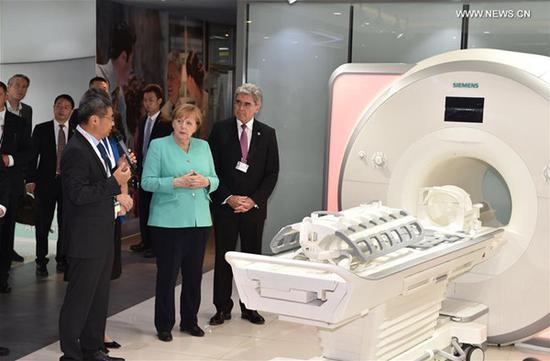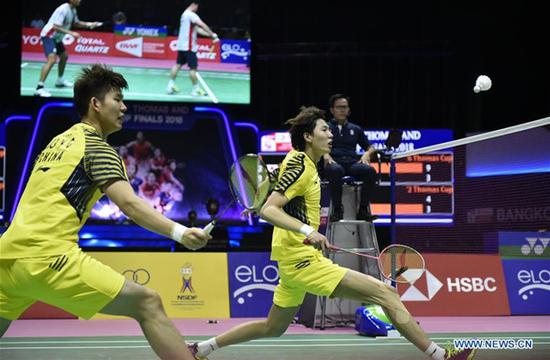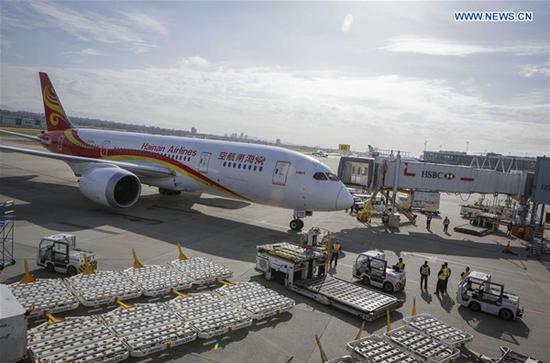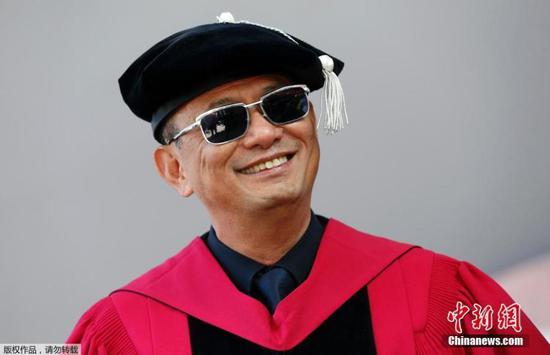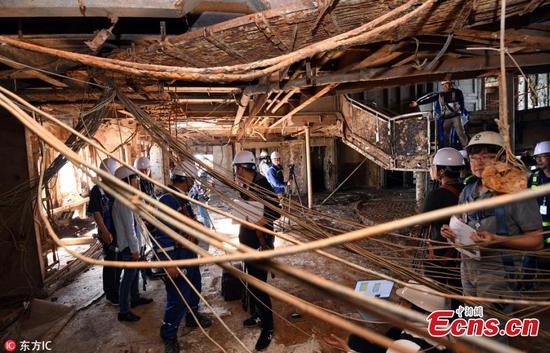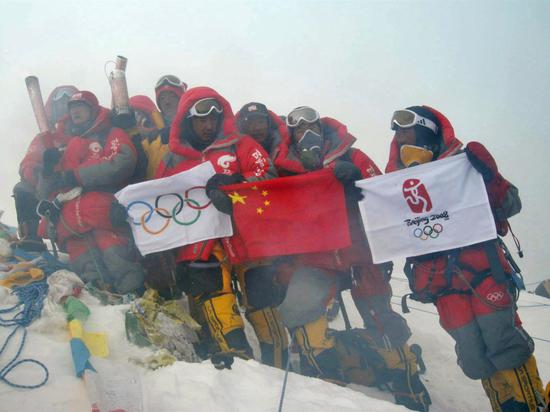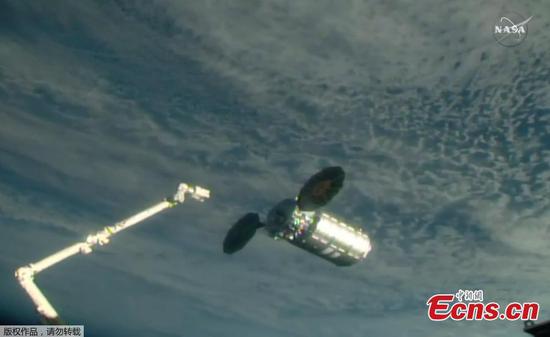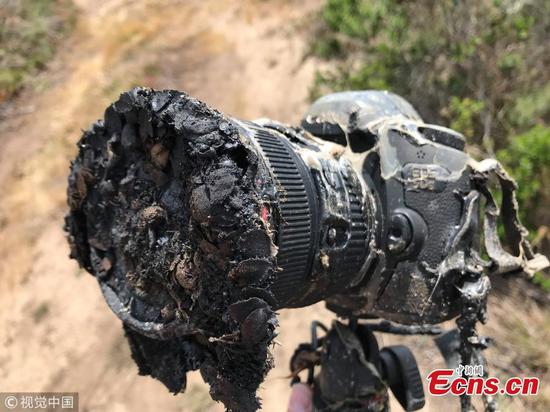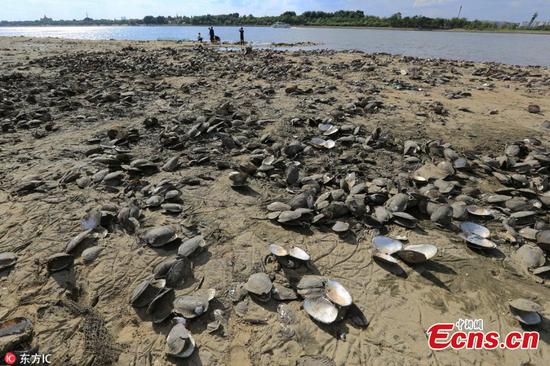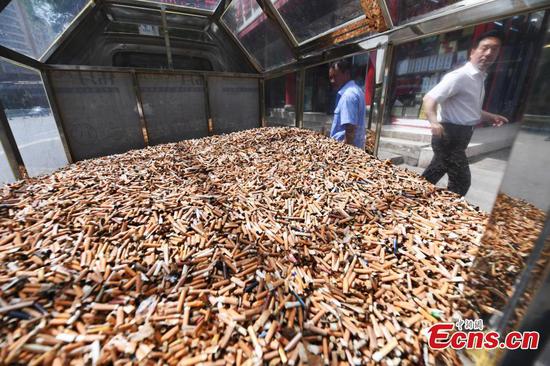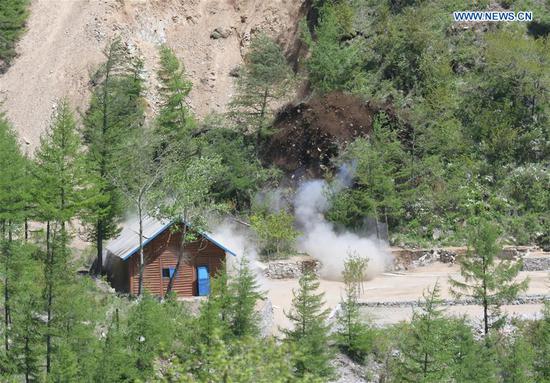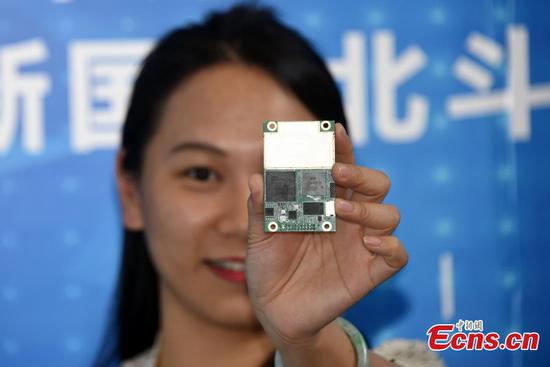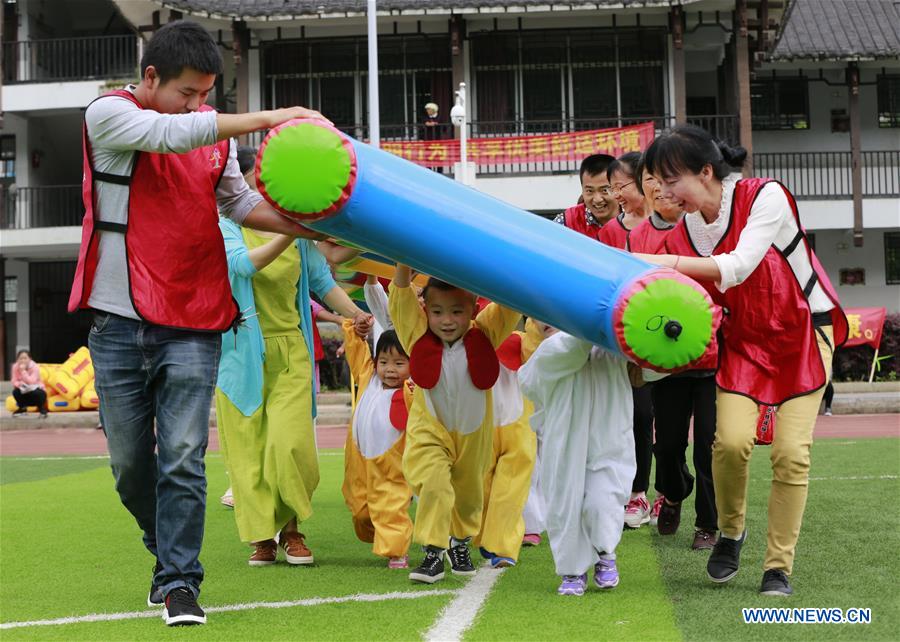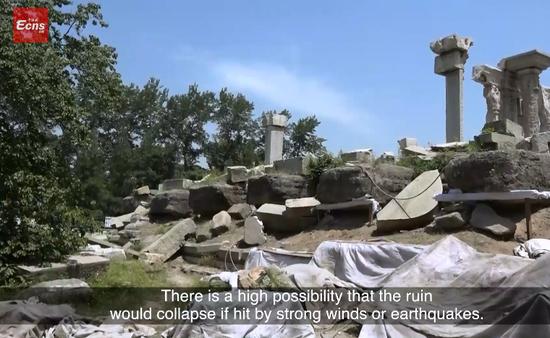Heavy ion medical accelerators developed by Chinese researchers entered clinical testing for cancer patients in northwest China's Gansu Province this month, researchers said.
Cancer radiation treatments employing heavy-ion accelerators can bombard a target with high-energy electrons to kill cancer cells.
Xiao Guoqing, head of the Institute of Modern Physics under the Chinese Academy of Sciences, said it is widely considered the most effective way of fighting tumors.
Compared to traditional therapy such as radiation, heavy ion treatment is considered to have more balanced properties with less radiation on healthy cells. The treatment period is shorter and the therapy could more effectively control cancer cells.
The institute, based in Lanzhou, capital of northwest China's Gansu Province, developed the accelerators in 2015. It took two years for the accelerators to undergo medical equipment testing. Registration and testing were completed in April this year and clinical tests began.
Currently, the institute has produced two sets of the cancer treatment equipment, one each in Lanzhou and Wuwei City, which has a high rate of stomach cancer.
Patients were selected from Gansu Provincial Cancer Hospital and Wuwei Cancer Hospital. Testing is under way for cancer treatment for the head, neck, chest, abdomen, pelvis and limbs.
In order to ensure the safety of the tests, 36 leading doctors in cancer treatment were assigned to oversee the tests.
Xiao said the domestically developed equipment marks the end of China's dependence on imports. The institute started basic research into the technology in 1993.
Currently very few hospitals in China offer heavy ion cancer treatment in China. Shanghai Proton and Heavy Ion Center uses imported equipment from Germany for cancer treatment. There is a long wait for the treatment at the Shanghai hospital.
A report published by the National Cancer Center in 2017 showed that China has nearly 25 percent of the world's new cancer cases, with 10,000 cancer patients added per day. Every year, there are two million cancer-induced deaths. Lung, breast and stomach cancers are the most common types.









